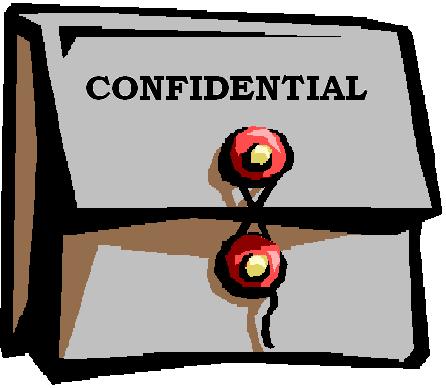A Damaging Leak to the University of Phoenix
Blog Post
May 1, 2007
Two years ago, officials with the Apollo Group, the parent company of the giant for-profit chain the University of Phoenix, scored a coup. Someone at the U.S. Education Department sent them a set of documents that outlined the entire legal strategy of a pair of whistleblowers who were suing the University of Phoenix for defrauding the government of billions of dollars.

In the case in question, two former admissions officers for the university allege that the institution knowingly violated federal rules prohibiting colleges from giving "any commission, bonus, or other incentive payment based directly or indirectly on success in securing enrollments."
The Education Department held copies of the records because they were at least ostensibly opposing the university in the case. The whistleblowers had filed the suit under the False Claims Act, which allows citizens who have evidence that federal funds have been misused to sue on behalf of the government and themselves, and the Justice Department had agreed to support the suit (though the government didn't formally join the suit as a third party).
Last fall, lawyers with the Education Department realized that a mistake had been made and demanded that the documents be returned. The lawyers had determined that the records were "privileged" and never should have been released.
Responding to an inquiry from The Chronicle of Higher Education, which broke the story, an Education Department spokesman said the agency "is aware that certain department records were released in error...The department is taking appropriate action to safeguard its records."
The university, however, refused to return the records, saying their release had put them in the public record. And the Department refused to provide any more information about the incident. [The Department didn't respond to Higher Ed Watch's inquiries.]
Because the Department's action received little attention at the time, agency officials have never been forced to come clean about who was responsible for the release of the records. Was it a FOIA officer who had acted inadvertently? Or was it someone higher up the food chain, someone appointed by the President, who had ties to the university and the world of for-profit higher education?
If the agency continues to refuse to break its silence on the incident involving the University of Phoenix, we at Higher Ed Watch believe that Congressional investigators -- who have begun to examine charges of influence peddling at the Education Department in the Federal Family Education Loan (FFEL) and Reading First programs -- should demand answers to these questions. And they should consider a broader inquiry to determine whether the close ties that exist between the Bush Administration, Congressional leaders, and the country's largest for-profit universities have put students in harm's way.